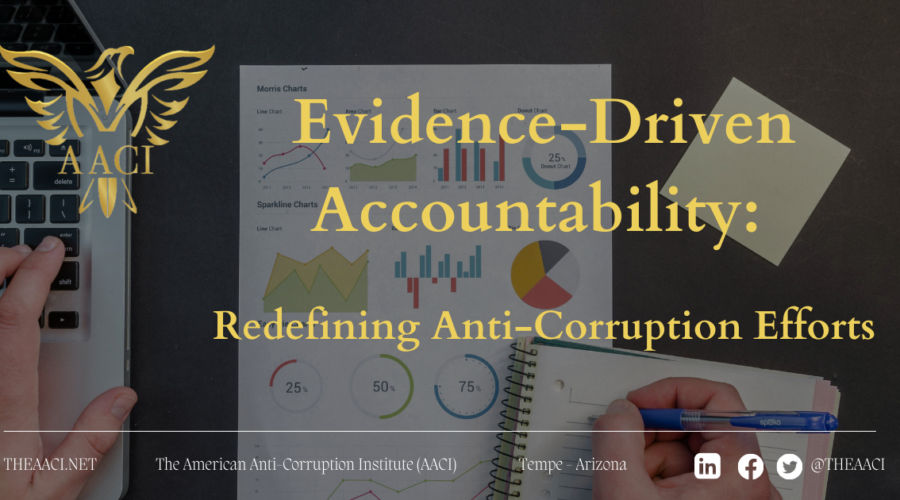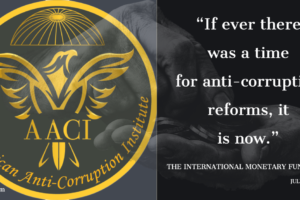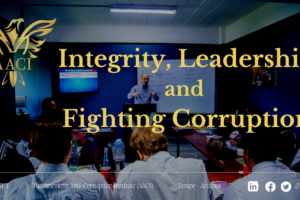Technical Staff
November 29, 2023
Corruption poses a significant threat to businesses, communities, and nations at large. While citizens play a crucial role in combating it, the responsibility falls upon those entrusted with governance—leaders, policymakers, legislators, and others—to ensure the implementation of effective anti-corruption strategies that engage all stakeholders. Evaluating the effectiveness of the fight against corruption within a company, community, economic sector, or country prompts a simple yet nuanced response: it varies.
Within businesses, the efficacy of internal control, governance, and accountability stands as pivotal factors significantly impacting the mitigation of fraud and corruption risks. Hence, it becomes imperative for legislatures and regulators to safeguard organizations against heightened levels of corruption risks. For instance, regulators should mandate that organizational management compile annual anti-corruption reports, vetted by independent and proficient third-party auditors. Auditors can audit such reports using, for example, the International Standard on Related Services (ISRS) 4400 (Revised)[1].
The fight against corruption necessitates substantiation through ample and credible evidence. Additionally, assertions by management regarding anti-corruption efforts should align with proper reporting frameworks, like The American Anti-Corruption Institute’s Ten Principles of Fighting Corruption. Regulators, shareholders, civil society institutions, activists, and citizens must no longer accept organizations’ declarations of combating fraud, corruption, and money laundering without subjecting these claims to scrutiny by independent and proficient third parties.
Sources and References
[1] International Standard on Related Services (ISRS) 4400 (Revised) Accessed on November 29, 2023.
Photo by Lukas: https://www.pexels.com/photo/person-writing-on-notebook-669615/











































